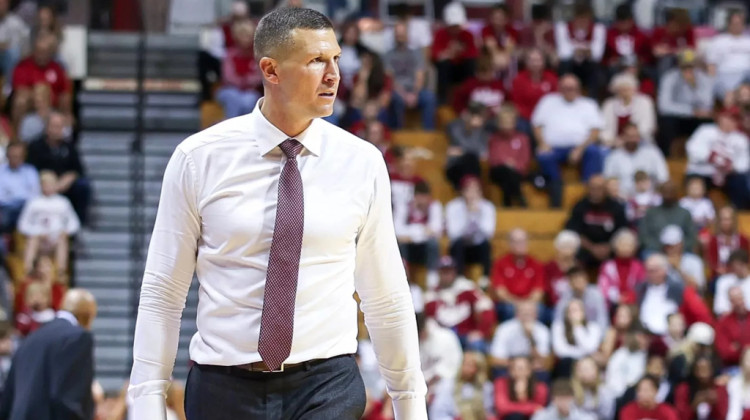
The state can create laws requiring students get vaccines before attending public universities, but private schools don’t need to require students to have any immunizations.
stock photoWEST LAFAYETTE -- Public health experts are noting the differences in vaccination requirements at Indiana colleges in the wake of three schools announcing cases of the mumps this year.
For public schools in Indiana, the rules for vaccinations are simple. The law requires anyone attending to have shots protecting them from diptheria, tetanus, measles, mumps and rubella.
But with private schools, it’s a little more complicated, says Ross Silverman, who teaches health policy and management at the IU School of Public Health:
“Because you’re working with populations above the age of 18, it’s more difficult to have laws that create requirements for adults,” Silverman says, adding the dangers at college are a lot different than public health concerns in elementary and high schools.
“Essentially if you had a person who was infectious, it could expose a high concentration of vulnerable people all it once,” he says, adding that close living situations mean “there’s a higher vulnerability for things like measles and tetanus that can cause morbidity and mortality.”
While the state can create laws to protect students against such outbreaks at schools such as Purdue or Ball State, private schools don’t need to require students to have any immunizations. But just because they don’t have to doesn’t mean they don’t, says State Health Department Immunization Director David McCormick.
“We actually have canvassed all colleges and universities across Indiana and most of them do require these basic immunizations,” he says.
But how many immunizations are required varies. For example, St. Mary’s College requires seven vaccinations, but Indiana Tech doesn’t require any at all.
The recent mumps outbreaks occurred at Indiana University and Butler, two schools in which the MMR vaccine — which protects against mumps — is required for matriculation.
“IU is publically-funded, and they do have standards and guidelines of what has to be required for a child,” and says McCormick. “And Butler does seem to have a little stricter standards.”
Butler has among the most stringent immunization policies in the state, requiring vaccines against seven diseases.
But Silverman says if the school didn’t require immunizations, the outbreak could have been much worse.
“If you look back to the days before we had vaccination and the days before we had requirements in place, and you look at the rates of infection from mumps and measles, those were nationally in the hundreds of thousands every year,” Silverman says. “These are still significant outbreaks, but we’re seeing far smaller numbers now thanks to having strong vaccination policies.”
 DONATE
DONATE









 Support WFYI. We can't do it without you.
Support WFYI. We can't do it without you.